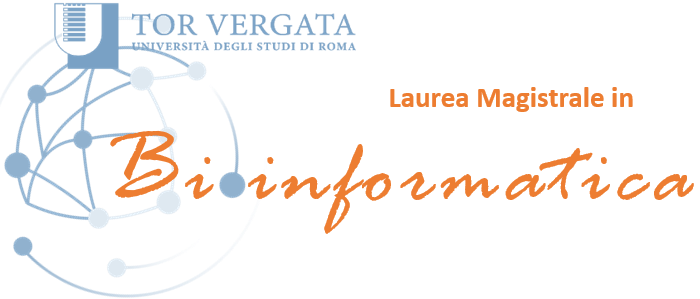In many adult epithelia multiple cell types are renewed throughout the life by specific pools of stem cells. While maintaining their lineage identity, adult stem cells and their differentiated progenytightly crosstalk to assure tissue homeostasis. The skin is a physical, chemical and immunological barrier from the outside environment. When injured, such as during wound healing, different cell lineages at different differentiation state, participate to restore the integrity of the skin through the acquisition of an unexpected plasticity. The concept that inflammatory events occurring during skin regeneration, such as the immune cell infiltration, can contribute to trigger skin cancer onset, is well established. However, recent studies suggest the existence of common, but yet unknown, transcriptional and chromatin key factors of cell plasticity that control and regulate wound healing and skin cancer onset.
In our lab (www.donatilab.org), we integrate state-of-the-art molecular and cellular biology techniques. In particular we employ in vitro genetic screenings, in vivo bulk and single cell omics analyses and computational methods to identify these key regulatory networks.
At the moment we are characterising an epigenetic memory, acquired by epithelial stem cells when wound healing occurs, that predisposes to field cancerization (Levra Levron, Mika Watanabe, Valentina Proserpio et al., accepted Nature Cell Biology 2023).
To understand the molecular mechanisms leading to this memory we are performing whole-genome bisulfite sequencing, Atac-seq and ChIP-seq in deregulated settings.
To understand how cell crosstalk impacts on this memory, we are performing longitudinal scRNA-seq and Spatial Transcriptomics (10x Genomics Visium).
We are seeking for 1 o 2 Master students interested in the computational analysis of these data that will be supervised by expert lab members.
For more info: giacomo.donati@unito.it
